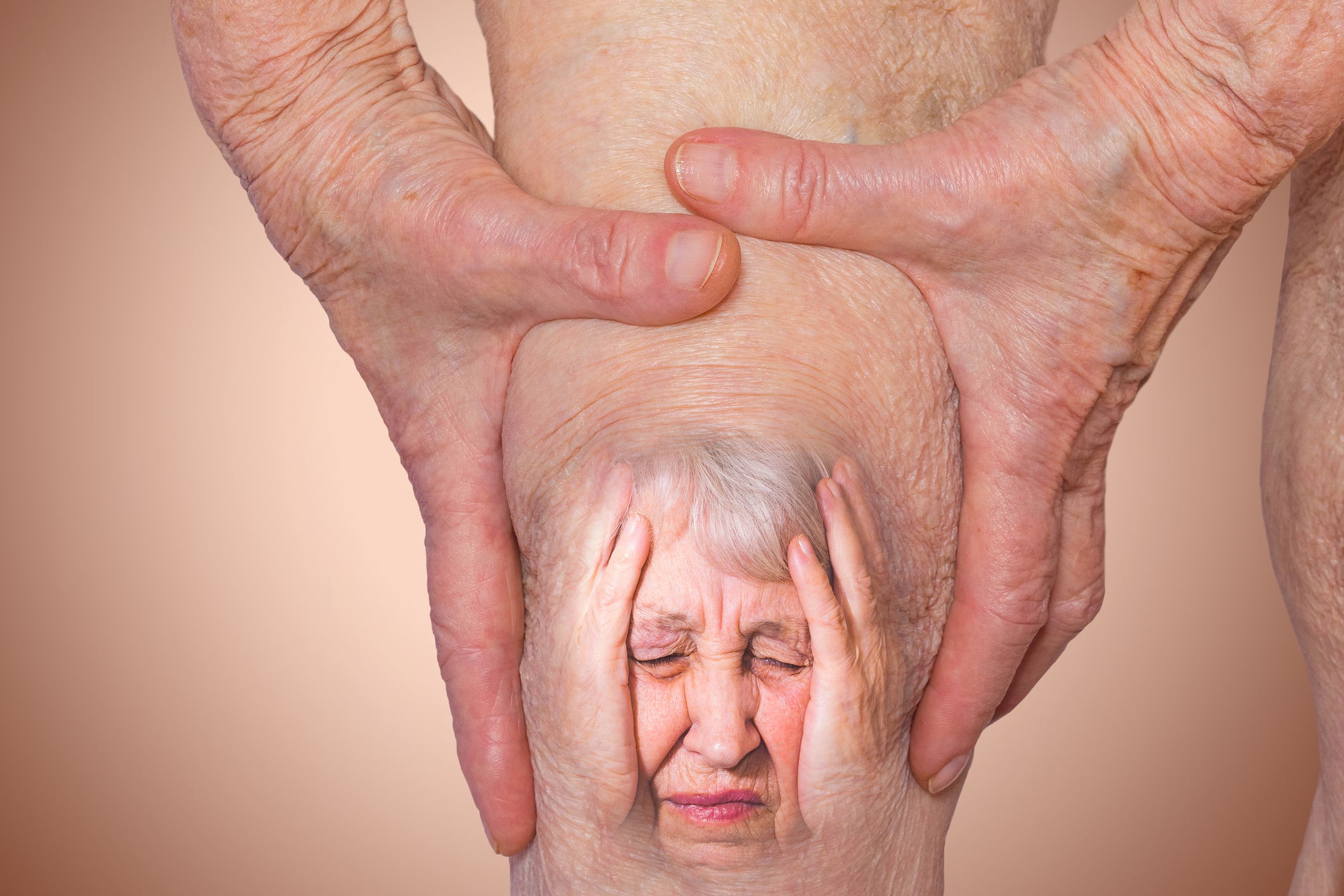It’s to be expected that the privilege of living into old age comes with a few aches and pains and quite often, arthritis in joints can be a source of discomfort for seniors. But new research out of Johns Hopkins Medicine has found a commonly performed knee surgery among older adults may not only be costly but is frequently ineffective.
Medical researchers are increasing urging doctors to perform fewer unnecessary screenings, testing and surgeries, which may lead to important cost savings for a health care system burdened by chronic conditions among an aging population. According to a recent CNBC report, an estimated 750,000 knee surgeries to repair torn meniscus cartilage are performed each year, and arthroscopic partial meniscectomy (APM) is the most common knee arthroscopy procedure for older patients. The surgery can cost as much as $10,000 which is often paid by Medicare.
Because most of the meniscus tears in the knees of older adults are a result of wear and tear on the joint instead of an acute injury, surgery for articular tears may not be effective. Wearing out of the cartilage often occurs due to arthritis in the knee which cannot be repaired with surgery. Older adults with this type of knee pain may be better served by losing weight, switching to low-impact activities such as swimming or biking and talking with their doctor about physical therapy or cortisone injections to reduce inflammation.
According to lead study researcher Dr. Martin Makary, there is little to no benefits for older patients to have APM surgery. And according to a recent national physician survey, up to 21 per cent of all medical care may be unnecessary. To learn more about this study and the value of APM surgery for older patients, follow this link to the online Journal of the American Medical Association Surgery.






Add Your Voice
0 Comments
Join the Discussion